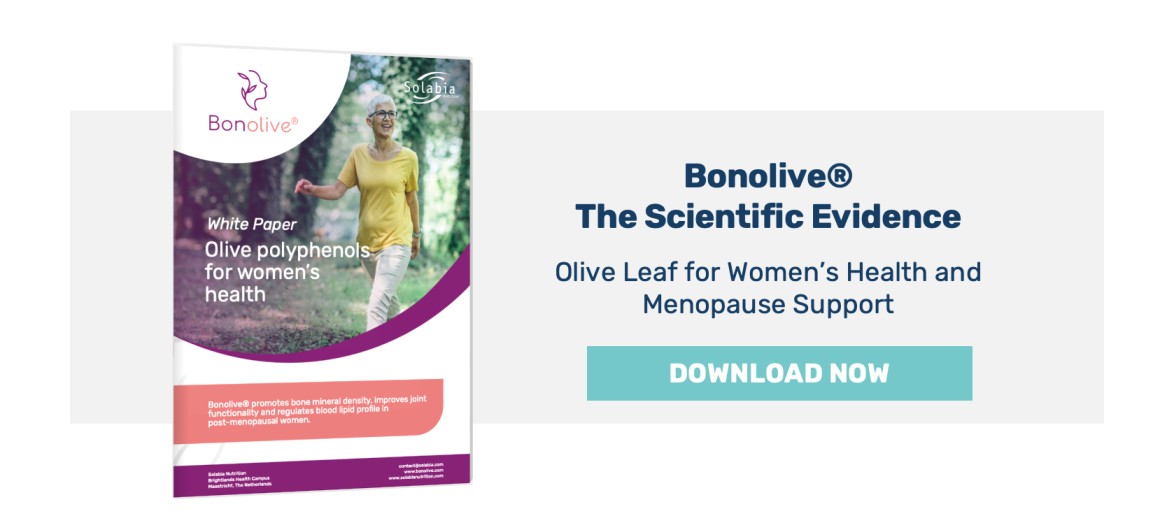The gut-skin axis: how does your digestive system affect your skin health?
Maastricht, 29th February 2024
The gut-skin axis defines the relationship between the gut microbiota and skin health. Factors such as diet, microbial diversity, and gut barrier integrity are pivotal in modulating this axis. Understanding this relationship offers avenues for holistic dermatological interventions targeting gut health and is the subject of this article.

What is the Gut microbiome?
The gut microbiome refers to the community of microorganisms residing in the gastrointestinal tract (1). This intricate ecosystem plays a pivotal role in various physiological processes, from digestion and nutrient absorption to immune system regulation (2). Furthermore, the gut microbiome is integral to synthesizing vitamins, metabolizing drugs, and maintaining gut barrier function (3).
Several factors can influence the composition and diversity of the gut microbiome. Diet, particularly the consumption of fiber-rich foods, can shape microbial populations (4). Additionally, antibiotics, stress, and lifestyle choices such as smoking can significantly impact microbial balance (5)
What is the role of the skin for health?
The skin, the body’s largest organ, serves as a protective barrier against external factors, regulating temperature, and facilitating sensory perception (6). It plays a crucial role in immune surveillance, defending against pathogens and environmental insults (7). The skin’s health is influenced by numerous factors, including genetics, age, sun exposure, and environmental pollutants (8).
Common issues encompass a range of conditions, from acne and eczema to more severe disorders often influenced by both genetic predisposition and environmental triggers (9). Maintaining skin health requires a balanced approach addressing both intrinsic and extrinsic factors affecting this vital organ.
What is the link between the gut and the skin?
The gut-skin axis represents the relationship between gut health and skin conditions, suggesting that alterations in gut microbiota can influence dermatological health (10). This bidirectional communication system involves various mechanisms linking gut health to skin conditions (11). For example, increased gut permeability, or “leaky gut,” may lead to systemic inflammation, exacerbating skin inflammation characteristic of acne (12). Additionally, dysregulated gut flora can compromise immune tolerance, potentially contributing to allergic skin reactions seen in eczema (13).
Understanding the gut-skin axis offers insights into approaches for managing skin conditions by targeting gut health. Modulating gut microbiota through dietary interventions or probiotics may offer promising therapeutic strategies for dermatological health.

Factors influencing the gut-skin axis?
The gut-skin axis is influenced by various factors, encompassing lifestyle, medication, and diet. Lifestyle choices, including stress levels and sleep patterns, can significantly impact gut microbiota composition, subsequently affecting skin health. Chronic stress, for instance, can disrupt gut microbial balance, contributing to systemic inflammation and exacerbating skin conditions like acne (14, 15).
Dietary habits play a pivotal role in shaping the gut microbiome, with fiber-rich diets promoting microbial diversity and beneficial gut flora. Conversely, diets high in processed foods and sugars can foster dysbiosis, potentially aggravating skin conditions like acne and eczema (16).
Understanding these influencing factors offers avenues for targeted interventions to optimize the gut-skin axis, emphasizing the interconnectedness of lifestyle, medication, and dietary choices in dermatological health.
Which nutrients benefit skin health?
Several nutrients play pivotal roles in promoting optimal skin health:
• Omega-3 fatty acids support skin hydration and combat inflammation, benefiting conditions like eczema (17).
• Vitamin E acts as an antioxidant, protecting skin cells from oxidative damage and promoting skin elasticity (18).
• Vitamin C aids collagen synthesis, essential for skin structure and wound healing (19).
• Zinc supports skin cell regeneration and immune function, contributing to overall skin vitality (20).
• Oleuropein, a compound primarily found in olive leaves, holds promise in lowering skin inflammation and supporting skin hydration due to its moisturizing and antimicrobial properties (21). Bonolive® is an olive leaf extract standardized for high levels of oleuropein.
Conclusion
In summary, the gut-skin axis connects gut microbiota to skin health, influenced by factors like diet and medications. Nutrients like oleuropein, omega-3s, vitamin E, vitamin C and zinc promote skin health, emphasizing the importance of diet in dermatological well-being.



